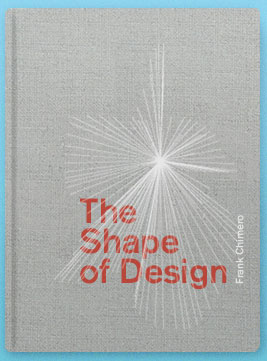 To help motivate my morning walks I sometimes take my iPod and listen to one of the many podcasts I subscribe to but don't otherwise have time to hear. The other day I loaded up one of my favorites by the erudite British actor and thespian Stephen Fry.
To help motivate my morning walks I sometimes take my iPod and listen to one of the many podcasts I subscribe to but don't otherwise have time to hear. The other day I loaded up one of my favorites by the erudite British actor and thespian Stephen Fry.
Fry is always intelligent and insightful, and the topic he brought his formidable talents to in this case was one of his own favorite subjects, Oscar Wilde. In particular, he was talking about a promotional tour that Wilde had made to the United States in the late 1800s, just as his popularity was beginning to take off in the UK.
The US was in a particularly violent period at that point, having recently emerged from an extremely bloody civil war. We were engaged in a Western expansion charaterised by genocide and gunslingers and being plagued by eruptions of gang warfare in New York and Chicago. One of the many questions presented to the visiting Wilde, whose wit and ready answers were already becoming quite quotable, was why he thought American was so violent.
"That's easy", he reportedly quipped, "it's because the wallpaper here is so ugly".
Wilde's comment was generally considered to be a humorous and somewhat shallow response to the question, but Fry's deconstruction of it reveals something deeper. Fry's analysis has, I think, even more relevance as a response to the violence of today's world than it did in the 1900s.
As a philisophical Aesthetic, Fry explained, Wilde would have believed that beauty "acts" upon us, that the beauty of nature and art has a powerful positive effect on the human psyche. Thus, the opposite would also have been true – that a culture which had evolved with such a profound insensitivity to their environment (as to accept the hideous wallpaper referenced earlier, presumably 
I think Oscar Wilde had a pretty good point… but what do you think? Does beauty "act" upon you? And if so, how? What about ugliness?



